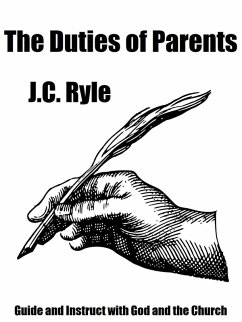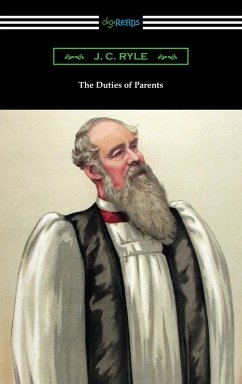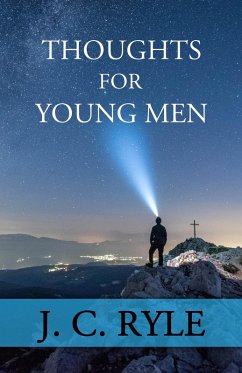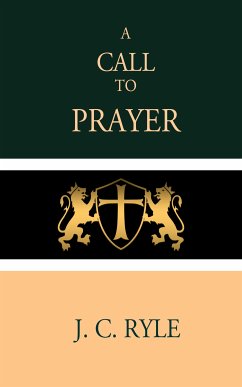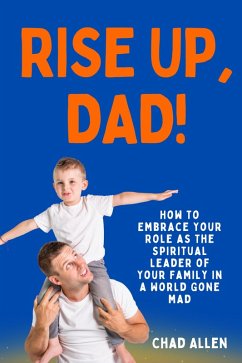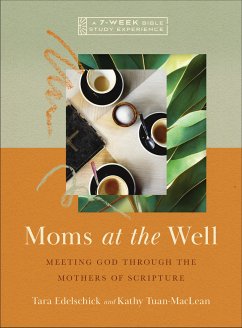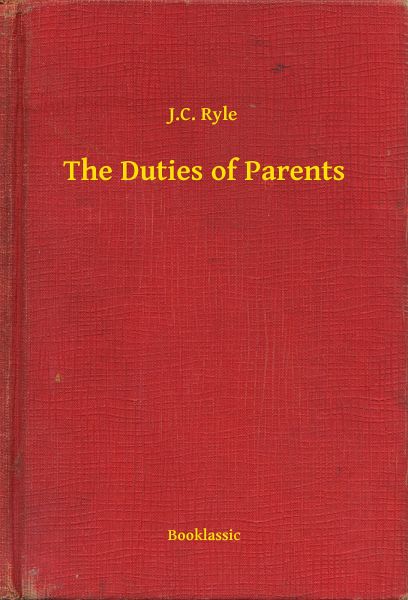
The Duties of Parents (eBook, ePUB)
Versandkostenfrei!
Sofort per Download lieferbar
0,88 €
inkl. MwSt.
Weitere Ausgaben:

PAYBACK Punkte
0 °P sammeln!
A primer on raising children and the duties all Christian parents have toward those God has entrusted to them.
Das E-Book The Duties of Parents wird angeboten von Booklassic und wurde mit folgenden Begriffen kategorisiert:
Das E-Book The Duties of Parents wird angeboten von Booklassic und wurde mit folgenden Begriffen kategorisiert:
Dieser Download kann aus rechtlichen Gründen nur mit Rechnungsadresse in A, B, BG, CY, CZ, D, DK, EW, E, FIN, F, GR, H, IRL, I, LT, L, LR, M, NL, PL, P, R, S, SLO, SK ausgeliefert werden.




